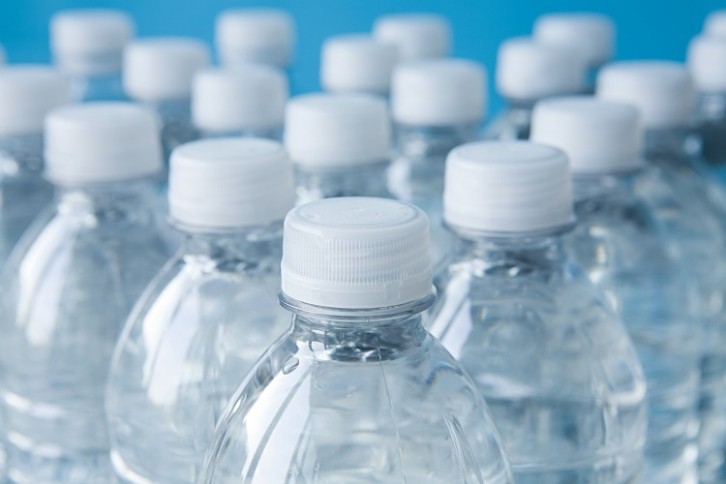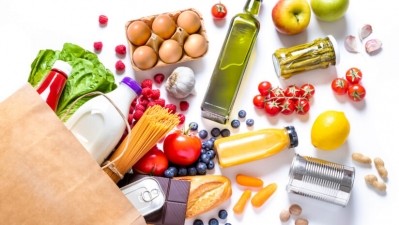Can microchipping make people recycle more? Start-up develops intelligent packaging

Landfills are responsible for around 11% of global methane emissions, according to news agency, Reuters. They also result in not insignificant carbon dioxide emissions.
Recycling is often confusing to consumers, with regulations differing not just between countries but even between cities and streets. A lack of recycling uptake, therefore, isn’t always down to laziness or neglect, but often simply from lack of knowledge.
With its silicon-free microchips, UK start-up Pragmatic aims to provide item-level intelligence for food packaging in order to significantly reduce the amount of waste that makes its way into landfill.
How does item-level intelligence increase recycling?
Item-level intelligence provides information about each item, in this case items of packaging. Pragmatic uses radio-frequency identification tags (RFID) in recycling products. The tags hold important information about several key attributes.
For example, about who produced the packaging, when it was made, the material it is made from, and perhaps most importantly, how it is covered by recycling regulations in a given consumer’s country.
“I think we've all been faced with that challenge of not being quite sure whether packaging is recyclable or not,” Alistair Hanlon, CCO at Pragmatic, told FoodNavigator. Even within the UK, different rules about what is and is not recycleable can dominate.
By tapping the packaging with a mobile phone, Hanlon told us, consumers will get guidance on whether said packaging is recyclable, and how to recycle it based on the relevant recycling regulations.
The chips that Pragmatic uses also include sensors to tell whether a food is fresh or not. This is more accurate than a ‘fairly estimated’ use-by date, Hanlon told us.
Recycling around the world
For large companies operating around the world, varied recycling rules can be a challenge to circumnavigate. For example, multinational Nestlé’s operating areas range from countries with some of the best recycling infrastructures on Earth, to almost no recycling infrastructure at all.
The data on what packaging is made of has allowed Pragmatic to implement automated recycling, where a tag is used by automated machines to sort packaging. This has allowed these machines to pick out high-value plastics from a waste stream. A clear plastic bottle, for example, is high value because it’s ‘very pure,’ as opposed to mixed recycling like shampoo bottles.
How can they help manufacturers keep track of recycling and reuse?
A key part of shareholder reporting today is tracing a business’s sustainability efforts. For a business that uses a lot of plastic packaging, it can be useful to know how much of that packaging is being recycled or reused, and be able to report this back go shareholders.
Pragmatic’s chips also allow one to track whether or not a certain piece of packaging has been recycled or, in some cases, reused. This will give businesses a way of providing reliable sustainability data to shareholders.
Hanlon stressed that consumer privacy will be respected, but that the data on recycling will work on an aggregate level.
Several supermarkets are planning to experiment with reusable packaging, Hanlon told us. This will involve a consumer returning packaging to a supermarket retailer, who will hygienically wash and sterilise it, refill it, and reuse it.
“In those reuse cycles, it's really important to know how many times the packaging has been around that cycle,” Hanlon told us. After around 10-20 times, it needs recycling because it will get worn or damaged.
Pragmatic’s technology has the potential to keep track of this, ensuring both that these products have been cleaned and that they’re not used too many times.
















